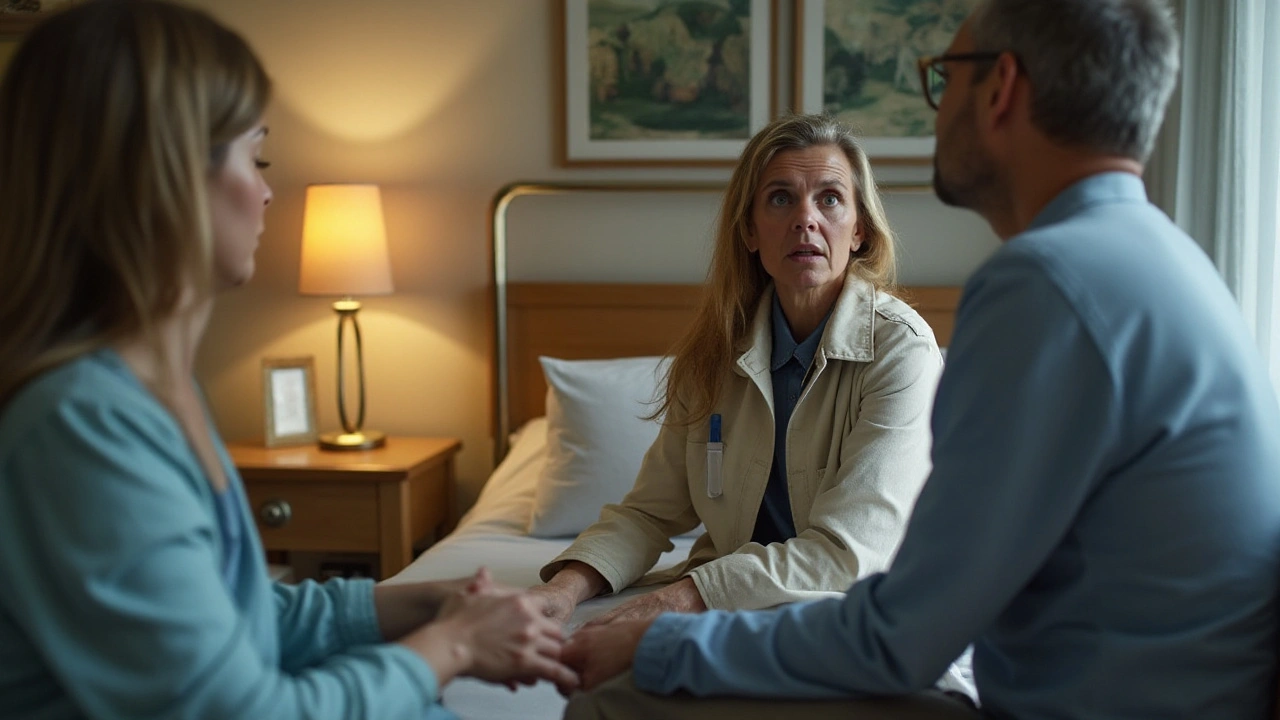Eye Health: Easy Tips to Keep Your Vision Clear
Taking care of your eyes is something most people overlook until they start having problems. But good eye health helps you stay independent and enjoy the world around you without trouble. Luckily, it's easier than you might think to protect your vision with some simple habits.
Daily Habits That Make a Big Difference
First up, keep your eyes safe from strain. If you spend a lot of time on screens, follow the 20-20-20 rule: every 20 minutes, look at something 20 feet away for at least 20 seconds. That little break helps avoid dry eyes and fatigue. Also, wear sunglasses to block out harmful UV rays when you're outside. UV exposure isn’t just about wrinkles—it can speed up cataracts and other eye issues.
Nutrition plays a part too. Foods rich in vitamins A, C, and E, plus omega-3 fatty acids, support eye health. Think leafy greens, carrots, fish like salmon, and nuts. Supplements like lutein and zeaxanthin can be helpful, but you want to get your doctor’s advice before adding those.
Recognizing When to See a Specialist
Noticing blurry vision, eye pain, or sudden changes in sight? Don’t wait it out. Eye problems caught early are usually easier to treat. Visiting an eye doctor regularly for check-ups is the best way to catch issues like glaucoma or diabetic eye damage before they cause serious harm. And if you're already managing a condition like diabetes, keeping your blood sugar in check helps protect your eyes as well.
Keeping your eyes healthy isn’t just about good habits—it’s about paying attention to what your eyes tell you and acting fast when something feels off. Your vision is key to living comfortably, so don’t just wish your eyes stay healthy—make smart eye care part of your daily routine.





